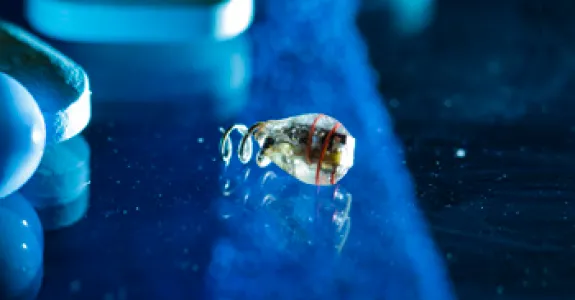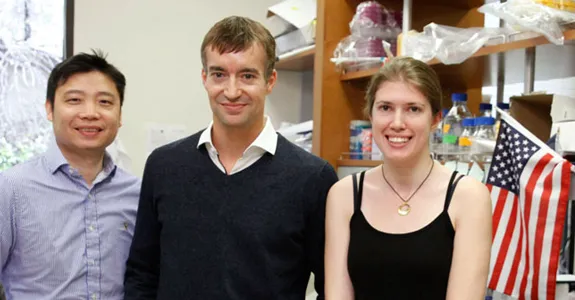
The Clark laboratory has various projects all focused on mechanisms supporting chronic pain. The first project area involves persistent pain after injuries to the extremities including tissue damage caused by limb fracture and surgery. Models involving laboratory animals are commonly used although human tissue samples and translational research studies are a part of the overall program. Most of this work involves evaluating the contributions of neural activation of the innate and adaptive systems of immunity. The neurogenic underpinnings of persistent pain in the setting of limb injury, the sources and targets of inflammatory mediators and the targets of injury-related autoimmunity are all areas of interest for the group. Ultimately our goal is to inform the design of therapies that can be taken to early stage clinical trials.
The second major project area involves the identification of mechanisms responsible for persistent pain after traumatic brain injury (TBI). In this context the laboratory is interested in understanding how changes in descending systems of nociceptive modulation as well as changes in nociceptive signal transmission within the spinal cord might contribute to the very high incidence of chronic pain after even mild forms of TBI. Recent projects have focused on damage to the locus coeruleus after TBI and associated deficits in spinal noradrenergic function. Additional work involves spinal epigenetic changes leading to the enhanced expression of pain-related signaling molecules.



